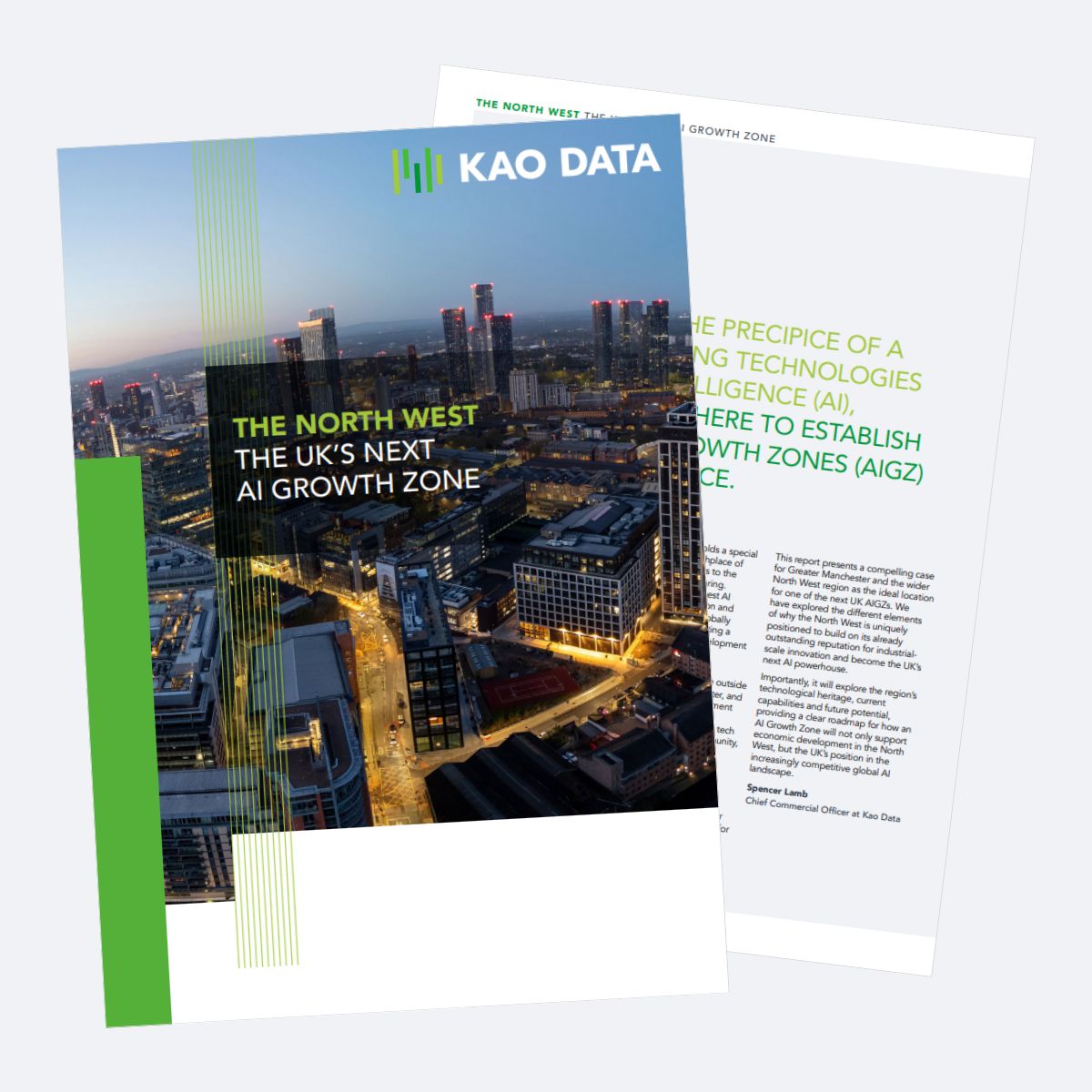Metronet (UK), the UK’s most advanced Internet Service Provider (ISP), has been chosen to provide a fully managed and supported IT network to Merseyrail. The digital network will link all 70 of the company’s sites across the Wirral and Merseyside in a complete network transformation programme.
The Merseyrail railway network is one of the most intensively used in the UK and runs almost 800 trains per day from 66 stations, carrying over 100,000 passengers on an average business day. Merseyrail was looking for ways to improve their operational performance of their IT network, which utilised antiquated ADSL connections.
Stack Telecom, a Metronet (UK) partner, had an existing relationship with Merseyrail. Stack Telecom introduced Metronet (UK) to Merseyrail and worked in partnership to ensure that the ISP fully understood the requirements of the tender. Eighteen telecoms providers submitted proposals to tender and six were shortlisted. Although Metronet (UK) was not the largest organisation in the process, they were awarded the contract because they presented a flexible, cost effective, innovative and resilient solution to Merseyrail.
“Metronet (UK) understood our requirements and share the same values in delivering a quality service to their customers” said Ian Johnson, Delivery Manager at Merseyrail. “We can now look confidently to the future, knowing that we will have the flexible and scalable telecommunications network we need in order to enhance our performance and better serve the commuters that depend on us every day”.
Elliott Mueller, CEO at Metronet (UK) commented “We’re delighted that Merseyrail selected not only our technical solution, but also our team and unique service culture. Metronet (UK) have proven that we are far more than just another telecoms network provider”.
Since installation, Merseyrail has benefitted from a high speed Internet connection at each train station with either wireless or fibre leased lines, supported by a Service Level Agreement of 99.95% uptime. Metronet (UK) also provides two Disaster Recovery services to ensure complete resiliency, coupled with a central firewall service to protect the network.









